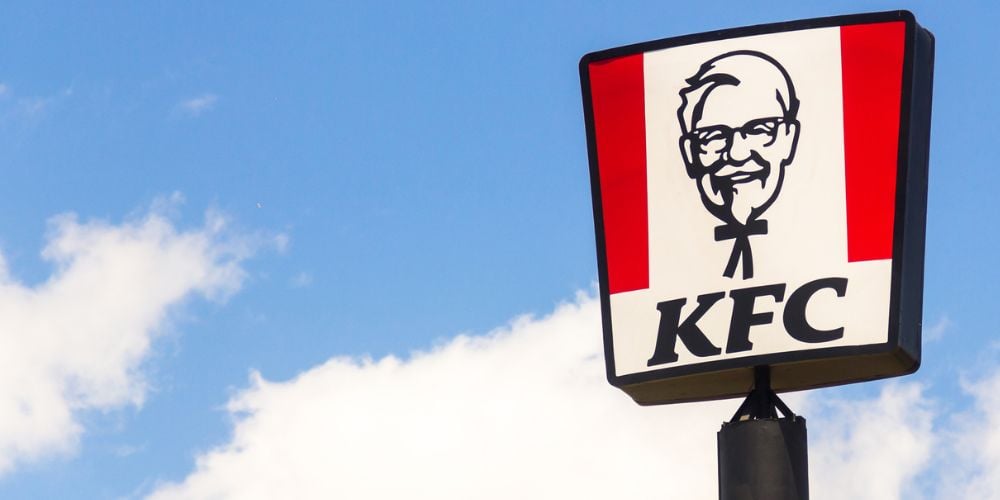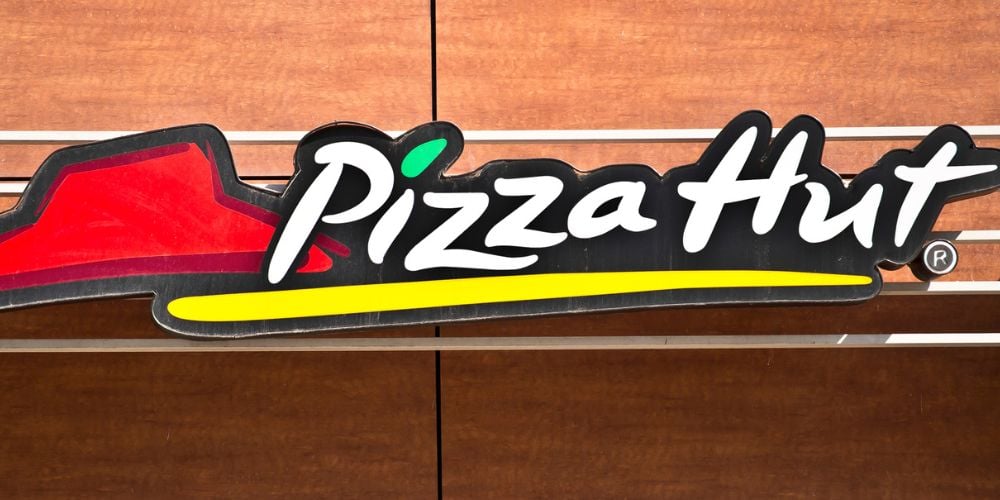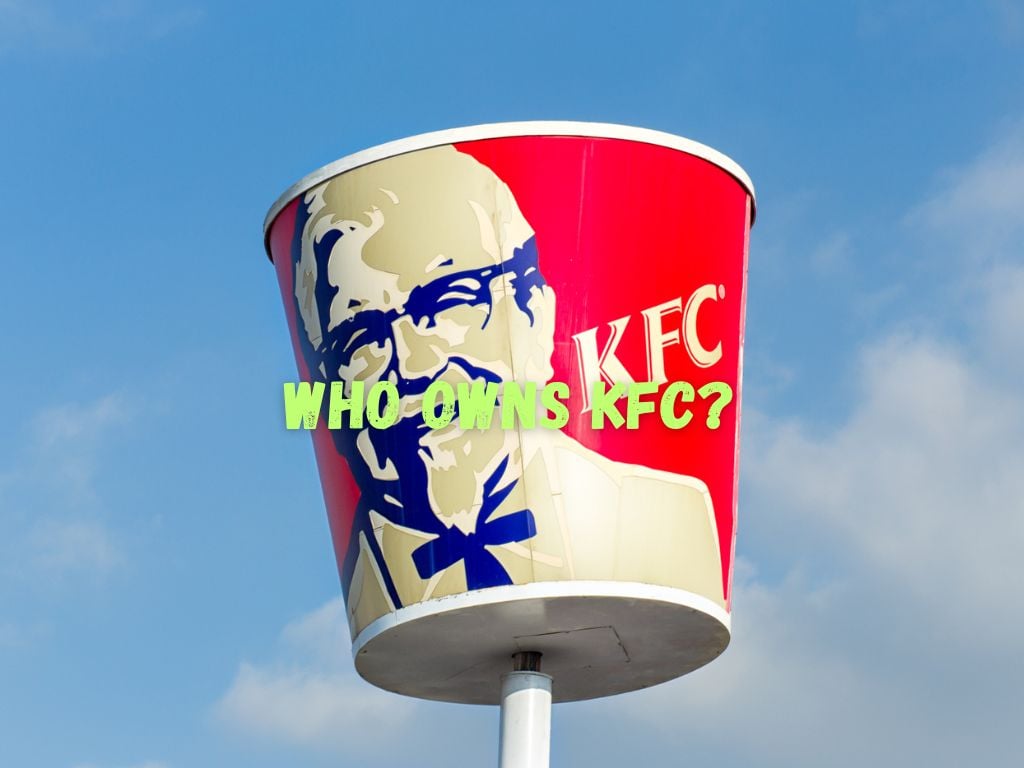Have you ever wondered who owns KFC? In this article, we will delve into the fascinating world of KFC ownership and introduce you to the parent company behind the popular fast-food chain – Yum Brands.
We will explore the history of KFC, the growth of Yum Brands, their other fast-food chains, and shed light on their financial performance and global presence.
Let’s satisfy our curiosity and discover the forces that drive the success of KFC.
Who Founded KFC?
KFC (Kentucky Fried Chicken) was founded by Colonel Harland Sanders. Born in Indiana in 1890, Colonel Sanders had a passion for cooking and a secret fried chicken recipe.
He started with a small roadside restaurant in Kentucky, where he perfected his secret blend of 11 herbs and spices. As the taste and popularity of his chicken grew, so did the demand for KFC.

Who owns KFC? KFC’s History and Expansion
In the 1950s, Colonel Sanders began franchising KFC, allowing others to open their own KFC restaurants.
The franchise model proved to be a game-changer, and by the 1960s, KFC had expanded across the United States, becoming a beloved fast-food chain.
In 1964, Kentucky Fried Chicken went public, further fueling its growth.
Overview of Parent Company, Yum Brands
Yum Brands is the parent company of KFC. Yum Brands was originally part of PepsiCo, and while under its aegis it acquired Taco Bell, Pizza Hut, and KFC. In 1997, Yum Brands was spun out of PepsiCo as its own company.
Yum Brands’ Other Fast-Food Chains
Taco Bell: Tex-Mex-inspired Fast Food
Taco Bell has become a household name in the fast-food industry, known for its Tex-Mex inspired fare and its loyal fan base.
Since its acquisition by Yum Brands in 1978, Taco Bell has experienced significant growth and has become one of the most recognizable fast-food chains in the world.
Menu Innovation and Expansion
Under the leadership of Yum Brands, Taco Bell has continuously expanded its menu and introduced innovative offerings to meet the changing demands of its customers.
Beyond its classic tacos and burritos, Taco Bell has added exciting items such as the Crunchwrap Supreme, Doritos Locos Tacos, and the Quesarito.
These innovative products have become fan favourites and have helped drive Taco Bell’s success.
Creative Marketing and Collaborations
Taco Bell is known for its creative marketing campaigns and collaborations. The chain has launched numerous memorable advertising campaigns that have resonated with its target audience.
Additionally, Taco Bell has partnered with various brands and artists to create unique promotions and limited-edition merchandise, further solidifying its brand image and relationship with its fans.

Pizza Hut: A Pizza Lover’s Haven
Pizza Hut has long been a beloved destination for pizza enthusiasts, offering its signature pan pizzas and an extensive menu of delicious options.
After Yum Brands acquired Pizza Hut in 1977, this iconic pizza chain continued its legacy of innovation and adaptation.
Signature Pan Pizzas
The signature pan pizzas at Pizza Hut have been a staple for pizza lovers for decades.
The combination of a crispy, buttery crust and a generous amount of toppings has made Pizza Hut synonymous with indulgent and satisfying pizza experiences.
Despite the evolving pizza landscape, Pizza Hut has stayed true to its classic pan pizza, delighting customers with its doughy goodness.
Digital Transformation and Delivery
In recent years, Pizza Hut has prioritized its digital transformation, enhancing its online and mobile ordering platforms and improving its delivery services.
The chain’s commitment to providing a seamless digital experience has allowed customers to easily order their favorite pizzas from the comfort of their homes.
With its widespread delivery network, Pizza Hut has become a convenient and reliable option for pizza enthusiasts everywhere.
WingStreet: Where Wings Take Flight
WingStreet, a fast-casual concept introduced by Yum Brands, specializes in mouthwatering chicken wings.
Co-branded with Pizza Hut, WingStreet offers patrons the option to enjoy their favorite wings alongside their favorite pizza, creating a dynamic and flavorful combination.
Extensive Wing Options
WingStreet offers an extensive range of wing flavors and preparations to cater to different tastes.
From classic buffalo wings to innovative flavors like garlic parmesan and honey BBQ, there is a wing option for everyone.
Patrons can customize their orders and choose from bone-in or boneless wings, allowing for a personalized wing experience.
Catering to Different Tastes
By incorporating WingStreet into its offerings, Pizza Hut and Yum Brands aimed to cater to a broader range of tastes and preferences.
Whether customers are in the mood for pizza, wings, or both, the combined menu provides an array of choices that can satisfy cravings and accommodate group dining occasions.
Who Owns Yum Brands?
Now, let’s dive into the ownership structure of Yum Brands. The company is publicly traded on the New York Stock Exchange under the ticker symbol YUM.
This means that ownership of Yum Brands is divided among its shareholders, who can be individual investors, institutional investors, or employees who hold company stock options.
Yum Brands’ shareholders collectively own and influence the company’s decision-making process.
Yum Brands’ Financial Performance and Global Presence
Yum Brands’ financial performance is a testament to its success in the fast-food industry. The company has consistently posted strong revenue and earnings growth.
This financial strength has allowed Yum Brands to expand globally, with a presence in countries and territories.

Frequently Asked Questions
What does KFC stand for?
KFC stands for Kentucky Fried Chicken. It is the shortened version of the company’s original name.
Who originally started KFC?
KFC was originally founded by Colonel Harland Sanders, a passionate cook from Kentucky.
What is Yum Brands?
Yum Brands is the parent company that owns KFC and other popular fast-food chains like Taco Bell and Pizza Hut.
What other fast-food chains does Yum Brands own?
Yum Brands owns Taco Bell, Pizza Hut, and WingStreet, in addition to KFC.
Where is KFC most popular?
KFC has a global presence and is popular in many countries around the world, including the United States, China, and the United Kingdom.
What is the market capitalization of Yum Brands?
The market capitalization of Yum Brands is roughly $35 billion.
Has KFC faced any controversies or scandals?
Yes, KFC has faced some controversies and scandals over the years. However, Yum Brands has taken measures to address these issues and ensure compliance with industry standards and social responsibility.
Conclusion
Understanding KFC’s ownership and the role of Yum Brands provides insight into the business ecosystem that drives the success of this iconic fast-food chain.
Colonel Sanders’ vision and Yum Brands’ strategic leadership have propelled KFC to become a global sensation loved by millions.
Next time you indulge in your favorite KFC meal, remember the story behind it – the story of a passionate cook, a successful franchise model, and the strong support of Yum Brands.


 Tags:
Tags:










